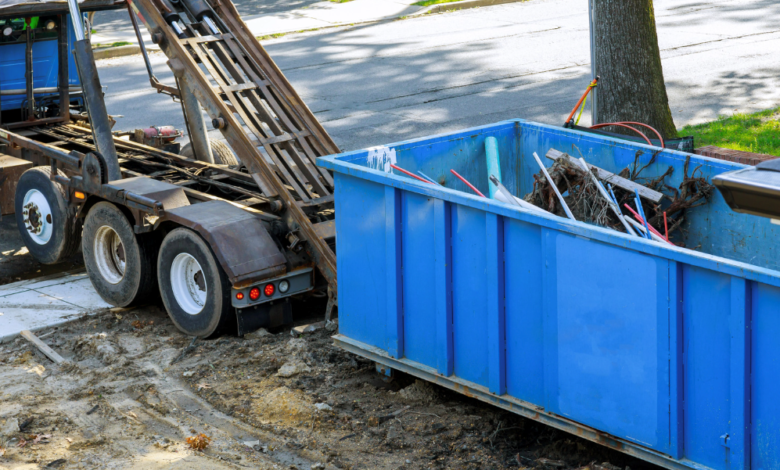Choosing the Right Roll-Off Container for Mixed Metal Load

Managing large amounts of scrap metal can be challenging without the right tools. For projects involving various types of metals, selecting an appropriately sized and designed container is essential for efficiency and safety. Many project managers and contractors opt for a roll-off for scrap metal in Georgia because these containers provide the space and accessibility needed for mixed metal loads, ensuring the materials are transported and processed without unnecessary hassle. The right choice can help you optimize costs, comply with regulations, and maintain an organized site.
Understanding the Importance of Proper Container Selection
Before renting a roll-off container, it’s important to evaluate the nature of the materials you plan to dispose of. Mixed metal loads often include both ferrous and non-ferrous metals, each with distinct characteristics and values. By identifying the types of metals beforehand, you can choose a container size that accommodates the weight and volume, preventing overloading and reducing transportation issues. Proper container selection is not just about size; it’s also about ensuring the container is built to handle the density and abrasiveness of scrap metal. Heavier-duty containers are better suited for long-term projects, while lighter-duty builds may suffice for short-term use.
Matching Container Size to Project Needs
Project scope plays a significant role in determining container size. For small to medium-sized jobs, a 20-yard container may be sufficient, while larger demolition or industrial projects often require 30- or 40-yard containers. Choosing a container that is too small can lead to frequent hauls, increasing costs, whereas an oversized container can occupy unnecessary space on-site. Accessibility is also key. Containers with doors that open from the side make loading bulky metal items safer and more efficient. In some cases, multiple smaller containers can be more practical than a single large one, especially if you need to sort metals for recycling.
Considering Metal Types and Value
Mixed metal loads can contain a variety of materials with different recycling values. Understanding the differences between ferrous and non-ferrous scrap metal can help you maximize returns by keeping certain metals separate. Non-ferrous metals such as copper, aluminum, and brass tend to have higher market values, so isolating them from lower-value ferrous metals like steel can be beneficial.
Having a clear separation system within or between containers can make unloading and processing faster at the recycling facility. Some companies offer partitioned roll-off containers for this purpose.
Safety and Compliance Factors
Scrap metal can pose safety hazards if not handled properly. Choosing a container designed for heavy and sharp materials ensures that walls and floors won’t be easily damaged, preventing accidents and leaks. Additionally, compliance with local regulations regarding scrap metal disposal is essential. Using the right roll-off container helps meet these standards while keeping your worksite organized and hazard-free. Ensuring proper loading techniques, such as evenly distributing weight and securing loose pieces, can extend the container’s lifespan and reduce risks during transport.
Cost Efficiency and Logistics
The right roll-off container can reduce operational costs by minimizing the number of trips required to remove scrap metal. Efficient scheduling of pickups and drop-offs also helps maintain workflow without project delays. Partnering with a provider that offers flexible rental terms can make it easier to adapt to changing project timelines or volumes. Working with an experienced service ensures that the container is delivered on time, placed in an optimal location, and swapped out quickly when full. This level of coordination helps maintain productivity on-site.
Conclusion
Selecting the right roll-off container for a mixed metal load involves more than just choosing a size. Factors such as metal type, container build, accessibility, safety, and cost efficiency all play an important role in ensuring smooth operations. By taking the time to assess project requirements and working with a reliable provider, you can streamline your scrap metal handling process while maximizing returns and maintaining compliance.





